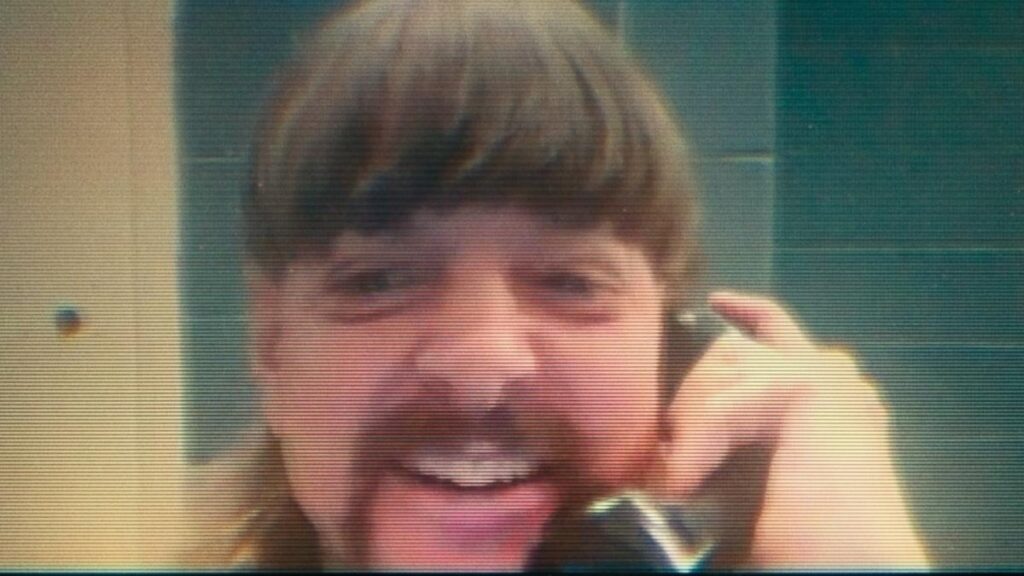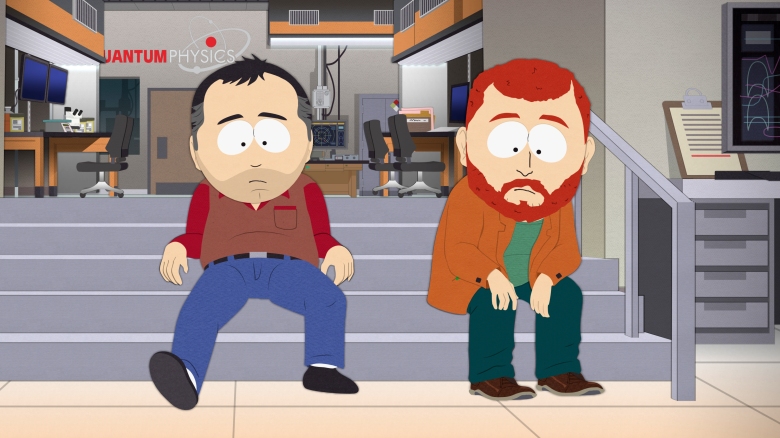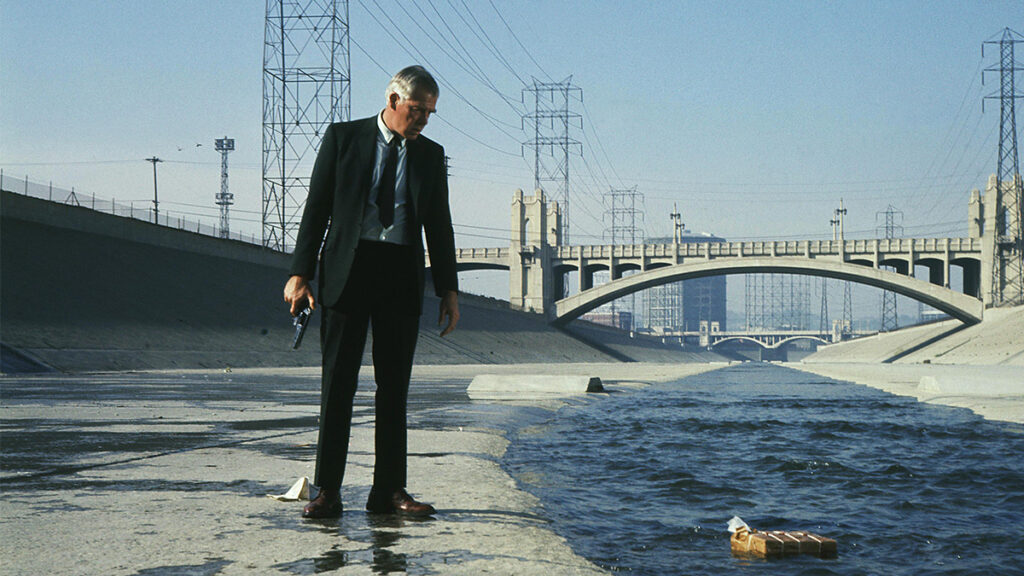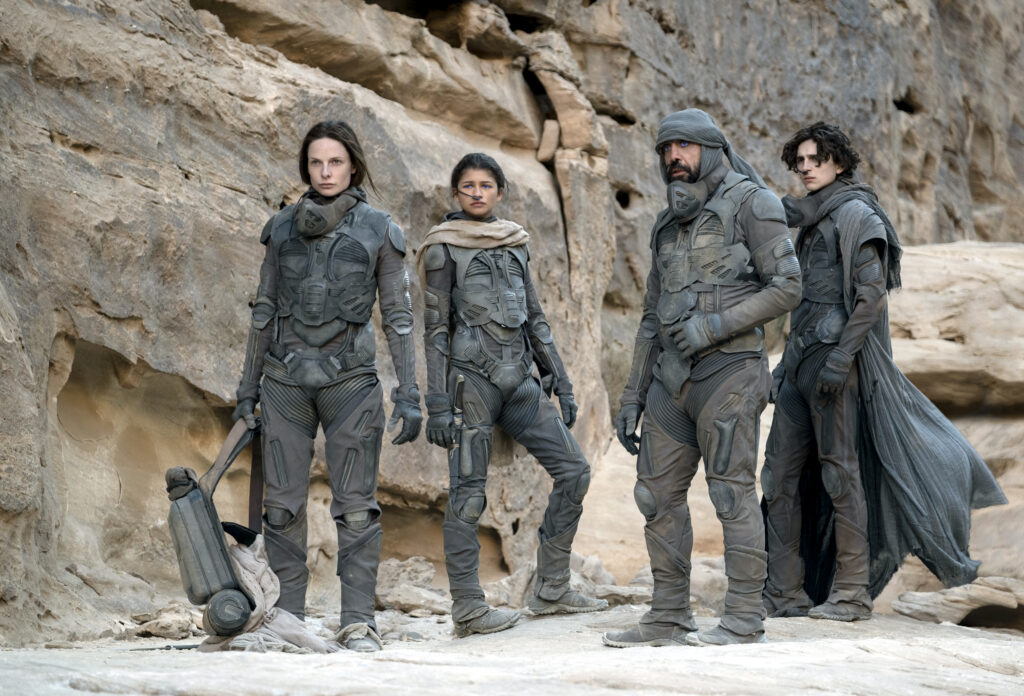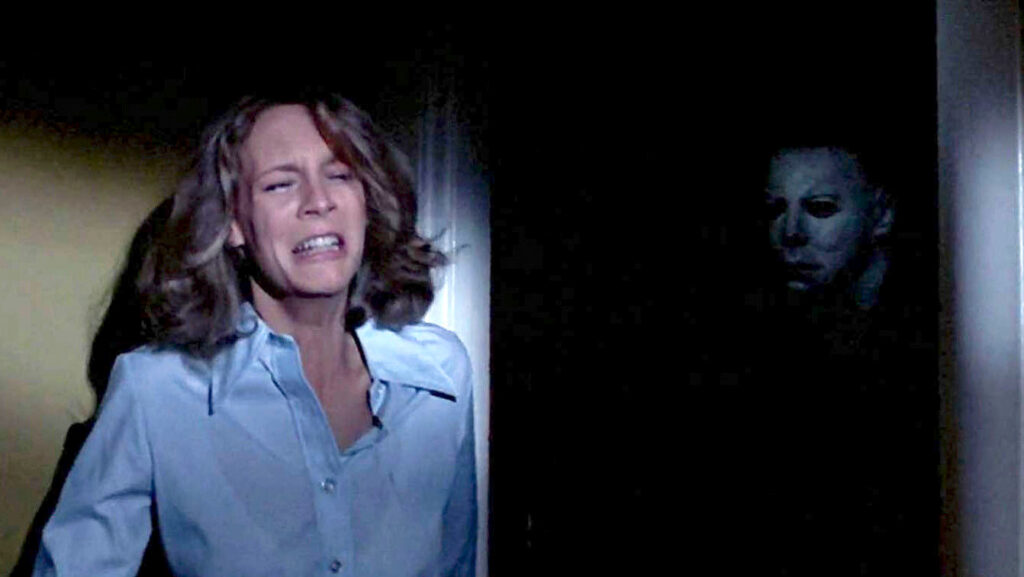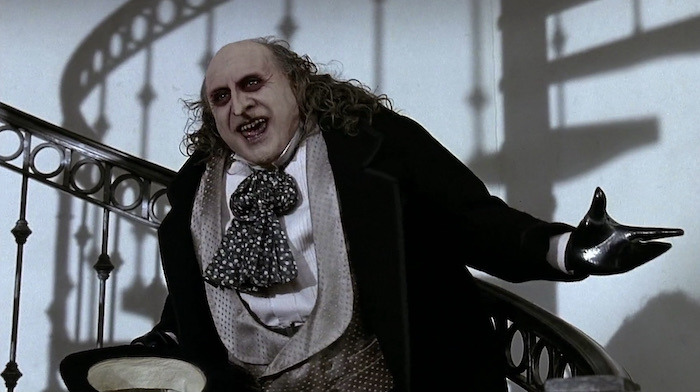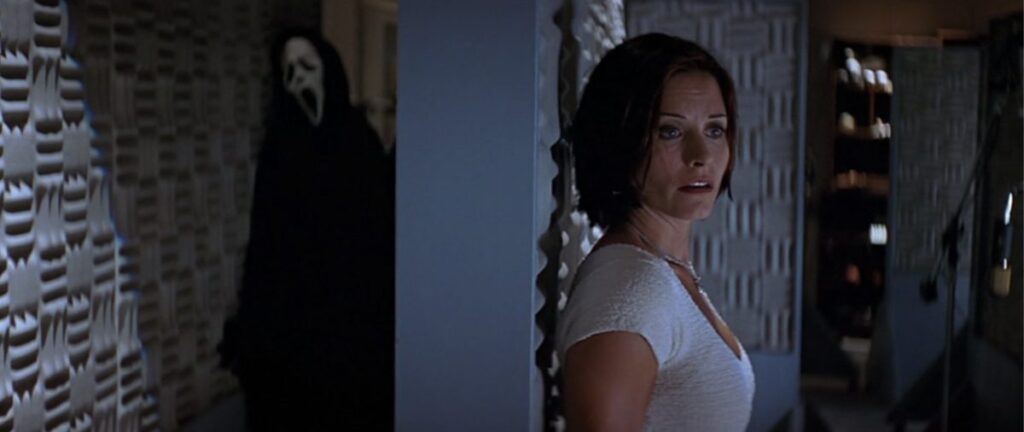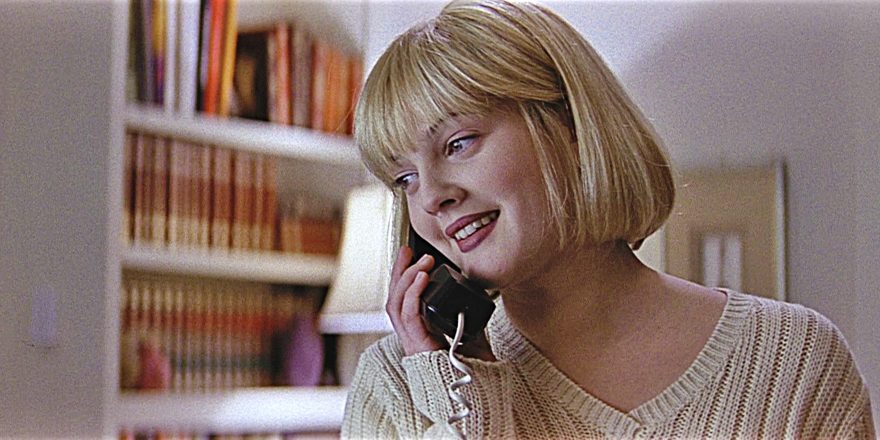Tiger King turns itself into the joke with a laughably bad second season
Written by Ian Thomas Malone, Posted in Blog, Movie Reviews, Pop Culture
Necessity is not necessarily a relevant consideration when it comes to entertainment. Tiger King practically took over the world at the start of the pandemic, making a follow-up a foregone conclusion, even if lightning was never going to strike twice. History shows us that the saga of Joe Exotic and Carole Baskin will continue to be recycled long after either has faded from the public consciousness.
Even if we accept that season two was never going to come close to the first, it is pretty astonishing to see what little dregs remain of the thoroughly tapped-out Joe Exotic keg. If the first Tiger King was the story of the Greater Wynnewood Exotic Animal Park and its web of characters, this return trip is mostly centered on the show itself. Shows like Dancing With the Stars often try to extend celebrities’ fifteen minutes of fame. Tiger King adds on an additional unwanted layer, extending its life by covering DWTS’ coverage of its own show, a parasitic relationship forced to become a symbiotic partnership.
There is some novelty value in watching clout-seekers attach themselves to Joe Exotic for the chance to become part of the circus, but five episodes are too tall an order. The vast majority of season two could have been captured in a single follow-up special, extending the show’s life without necessarily running too long on empty. What could’ve been an epilogue instead morphed into a weird defense of itself and the way it presented its subjects.
While key figures such as Exotic and Jeff Lowe filmed additional interviews for season two, key figure Carole Baskin refused, even going as far as suing Netflix to prevent its release. Baskin does appear heavily via news interviews and archival footage, but the show doesn’t really know how to handle her absence. Early episodes hint at sexism in the way that Exotic, a convicted felon, was lionized while Baskin, an animal rights activist, was reviled.
The trouble is that Tiger King wants to acknowledge its own narrative double standards without accepting any responsibility for the way it presented Baskin as the obvious likely suspect for the disappearance of her second husband Don Lewis. The second episode of the season attempts to present a balanced view of Lewis’ shady dealings in Costa Rica, but can’t help returning to the idea that Baskin probably did it. Extended footage of Lewis’ family consulting a psychic to find his body comes across as laughably foolish. No one watching should blame Baskin for wanting no part of season two’s attempts to scrape the barrel for content.
In some ways, it’s hard to fault the show for not wanting to explicitly take a side on Don Lewis’ disappearance. Tiger King is not a court of law, but it’s also not serious investigative journalism either, not when psychics and other grifters take up so much airtime. Joe Exotic got a better shake because he’s the carnival barker desperate for attention while Baskin is less willing to bluntly perform for the cameras.
An even bigger omission than Baskin for much of season two are the animals caught up in the ugly big cat orbit. The show rather self-consciously tries to tie them into the equation at one point, alongside its weirdly sympathetic presentation of Exotic. The idea that people like Lowe and hired hitman Allen Glover have recanted much of their initial testimony isn’t irrelevant, but it’s not a meaty enough narrative to carry the whole season. Increasingly, the efforts to present Joe as a victim feels like an excuse to justify the show’s continued narrative, crocodile tears toward a decidedly bad person.
Reducing Tiger King to a fad does a great disservice to the narrative atrocity that is season two. There is more to this story, somewhere. Just not in these five episodes. The magic that existed in March 2020 might be impossible to replicate, but there’s little excuse for the train wreck Netflix refers to as a follow-up.





